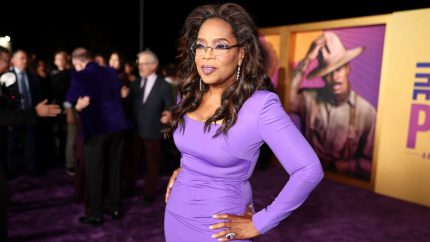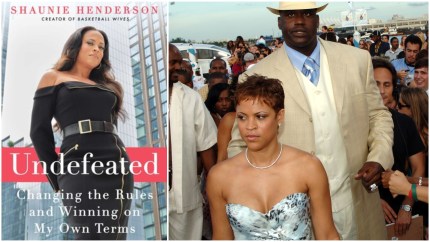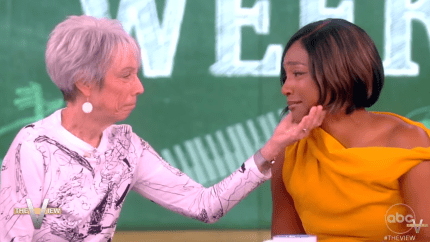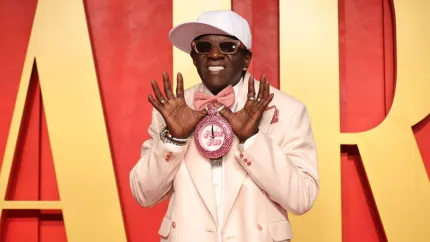Oprah Winfrey is owning her contribution to diet culture
Oprah Winfrey hosted “Making the Shift: A New Way to Think About Weight,” a three-hour live event in partnership with WeightWatchers.

Oprah Winfrey’s high-profile journey with body image and weight is well-known; now, the media maven is acknowledging how she has contributed to the same unhealthy diet culture she’s been hurt by.
On Thursday, during a three-hour live special on YouTube in collaboration with WeightWatchers dubbed “Making the Shift: A New Way to Think About Weight,” the media mogul began by admitting some hard truths she’s realized along her weight-loss journey.
“I want to acknowledge that I have been a steadfast participant in this diet culture,” she said. “Through my platforms, through the magazine, through the talk show for 25 years, and online. I’ve been a major contributor to it. I cannot tell you how many weight loss shows and makeovers I have done and they have been a staple since I’ve been working in television.”
The former talk show host recalled previous episodes of her legendary daytime series that she now regrets, including a now infamous episode in the early ‘90s when she presented the audience with a wagon filled with raw fat totaling the weight she had lost. Admitting that she began gaining the weight back the next day, Winfrey noted that her weight continued to fluctuate because it would be years more before she would learn and accept that her weight wasn’t her fault.
“It has taken me even up until last week to process the shame that I felt privately as my very public yo-yo diet moment became a national joke,” she explained.
Recommended Stories
Winfrey said she gathered everyone there in-person, on Zoom, and on YouTube to openly discuss how the culture around dieting and weight has evolved. She called experts and doctors, including sociologist Tressie McMillan Cottom, Marisa Meltzer, Jamie Kern Lima, Dr. Rachel Goldman and Dr. Ania Jastreboff to contribute to the conversation.
Discussing how society might step into greater acceptance, Cottom said, “If tomorrow, we wake up and we said, ‘How do we make it so that it is illegal to discriminate against somebody for being overweight in the labor market?’ Shifting the attention to how we can help each other not be stigmatized will help us feel less shame ourselves.”
Others included in the conversation were actresses Amber Riley, Rebel Wilson, and Busy Phillips. Discussing how Hollywood perpetuates unhealthy\, the three got real.
Riley said rising to fame on the hit show “Glee” led her to therapy, partly to learn how to love herself despite how society might see her. She revealed that she was often asked about her size over her talent and accordingly pigeonholed. Riley reached a pivotal moment in her journey when her therapist suggested she try exercise to help with her anxiety.
“I hated going to the gym,” she said. “I always felt like everybody was staring at me and looking at me. I always felt like there was pressure to look thinner after a certain while instead of just really enjoying my workout. And I kind of got to the point where I was just doing it for me and not doing it to be smaller or to look a certain way. And I really think now I’m beasting it in the gym. I love the gym. I love working out so much. It’s not really about anything else but you know, making myself happy and feeling good.”
Winfrey noted how she was “done” with the shame.
“We’ve been criticized, we’ve been scrutinized, we’ve been shamed, and we’ve been told that unless we meet a certain standard of size, that we didn’t deserve to be accepted or even to be loved. And what I know for sure is that I am done with it,” she said.
She continued noting that the purpose of the conversation was for others “to be done with it too.”
“To get over it for yourself and to stop doing it to other people. Stop judging others for the way they choose to live.”
Winfrey added, “I think the way to get past the shame is to start looking at everyone and say, this person is doing the best they know how in any given moment for themselves. Everybody is just doing the best they can. And if they are happy with the choices that they’re making, you ought to be happy with it too.”

















